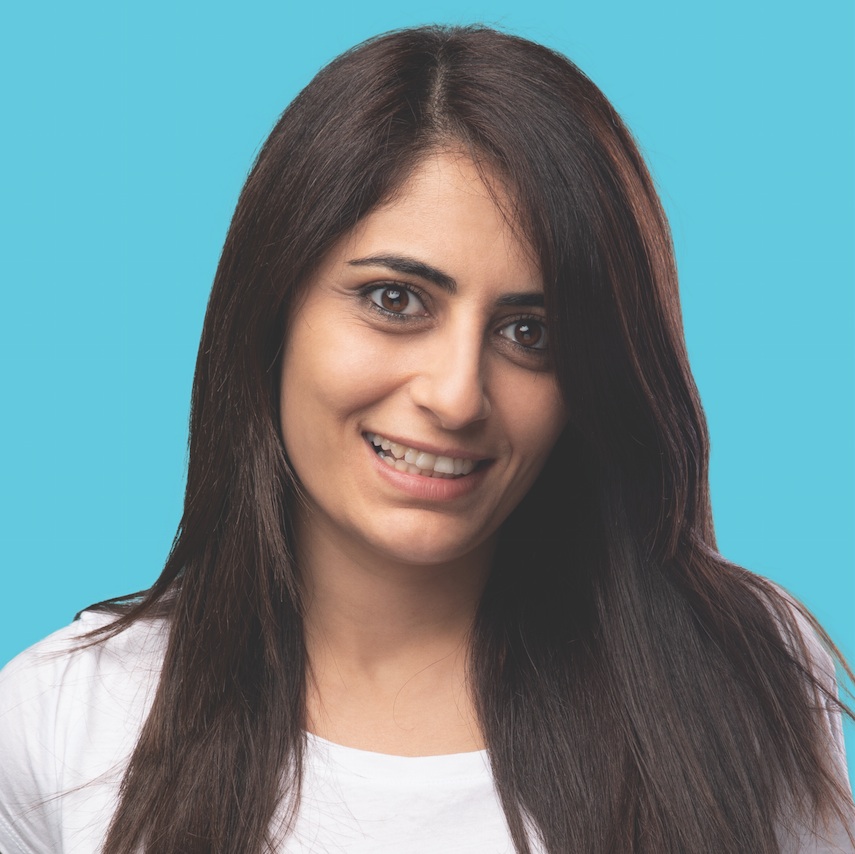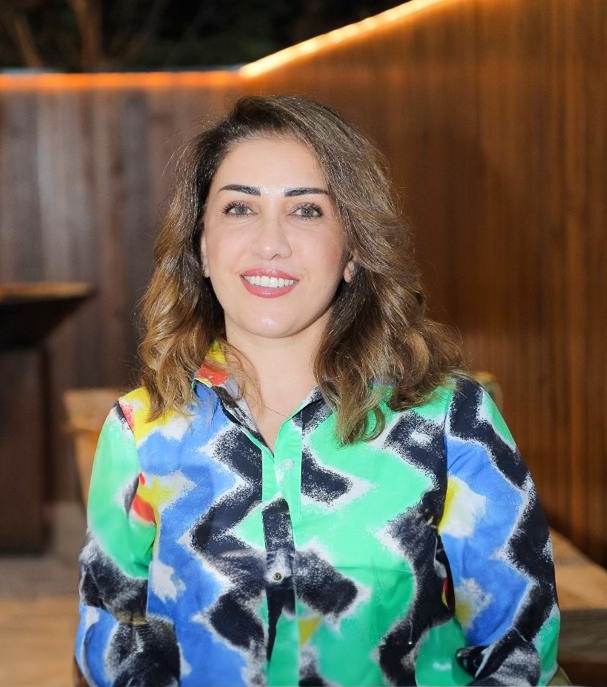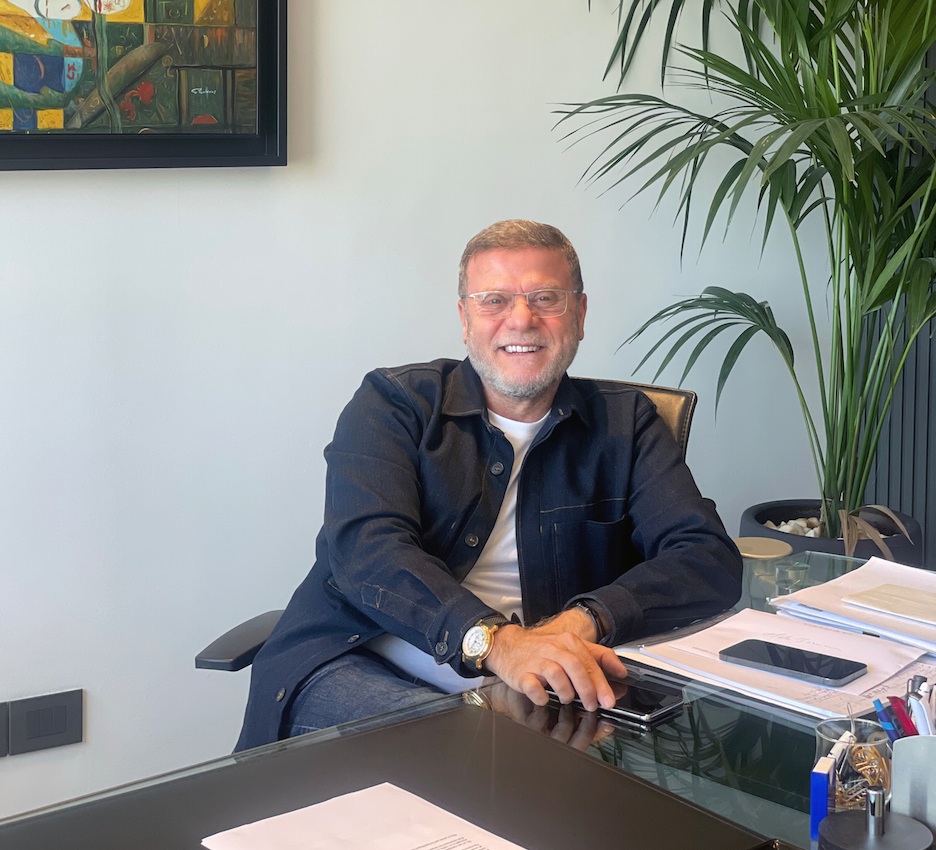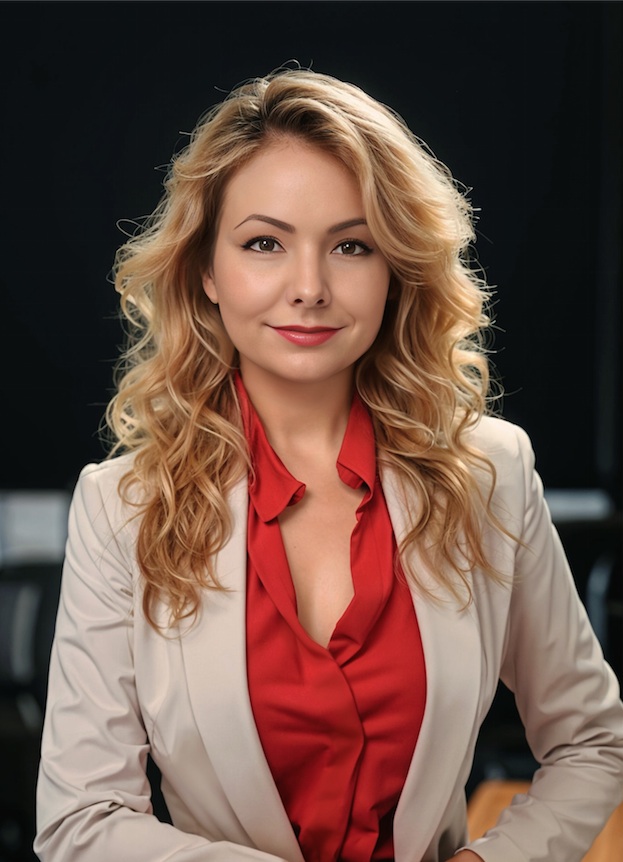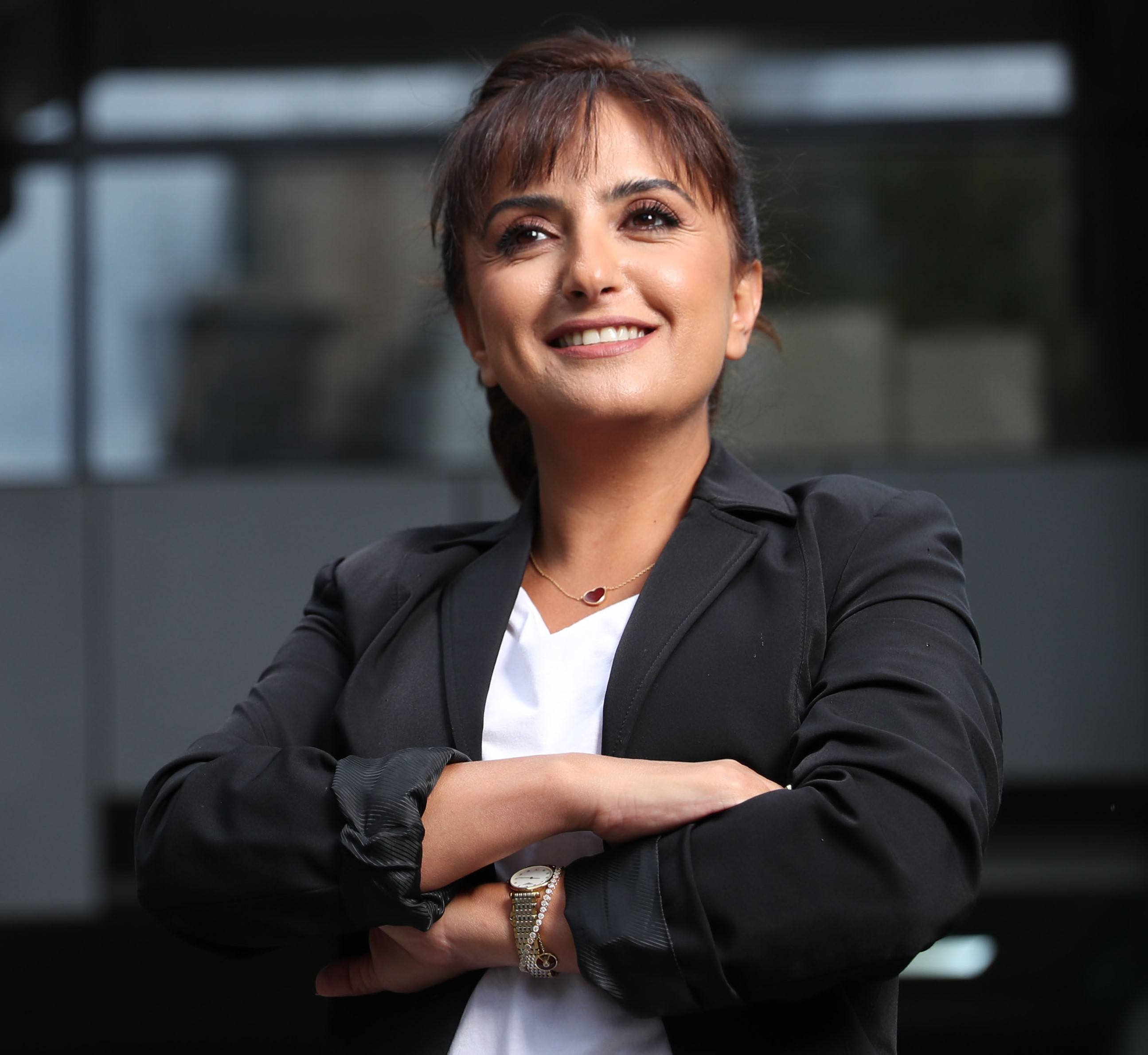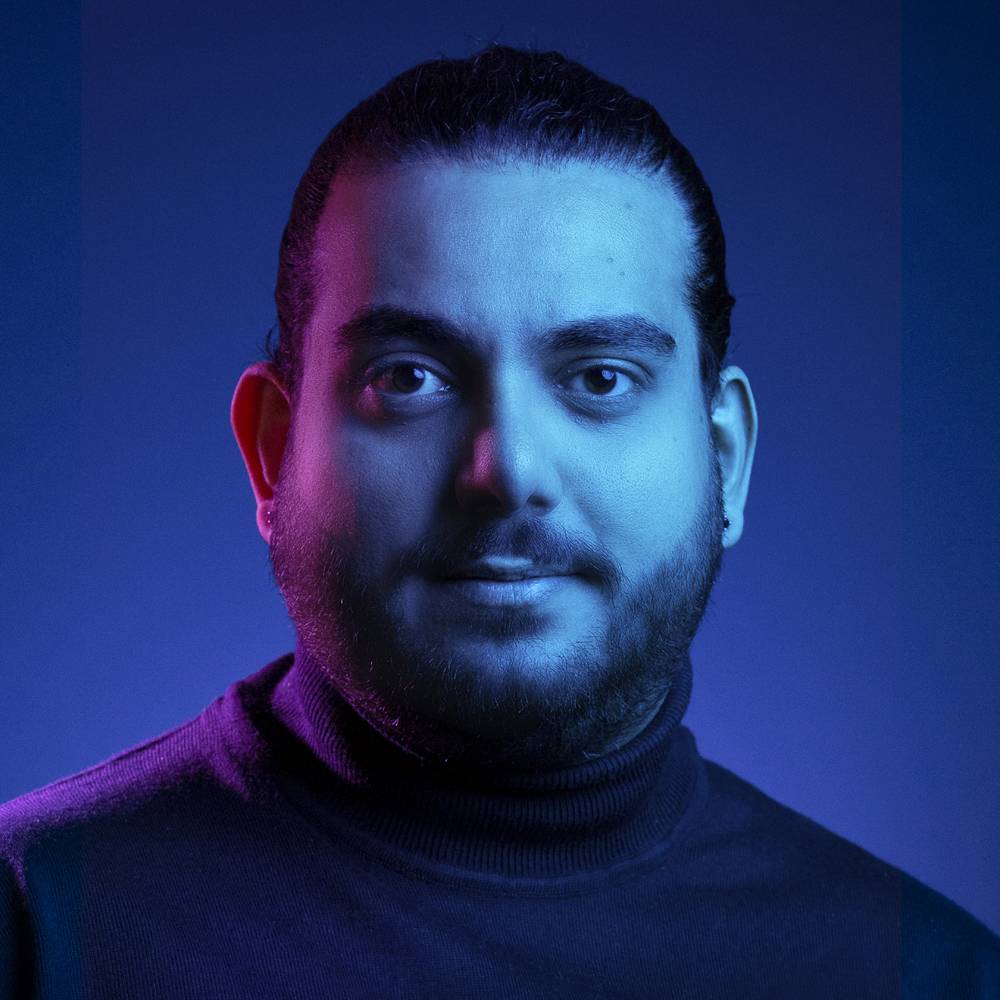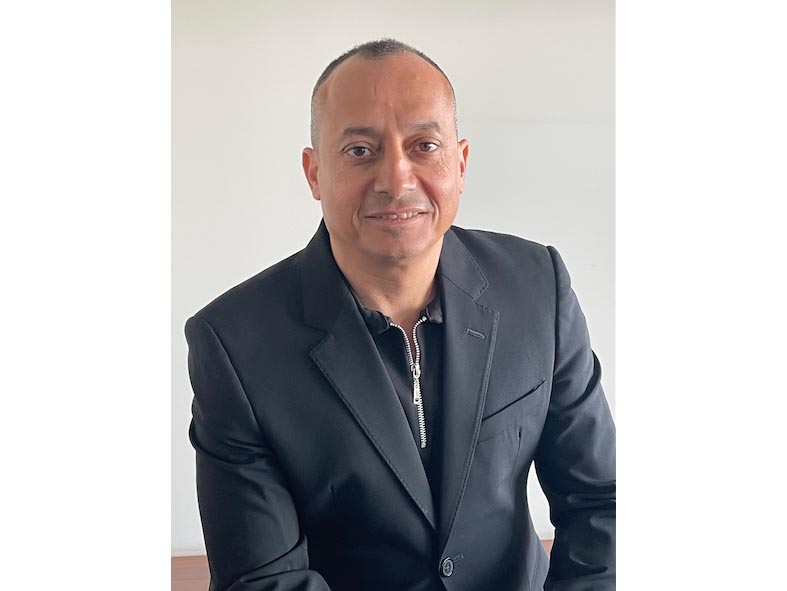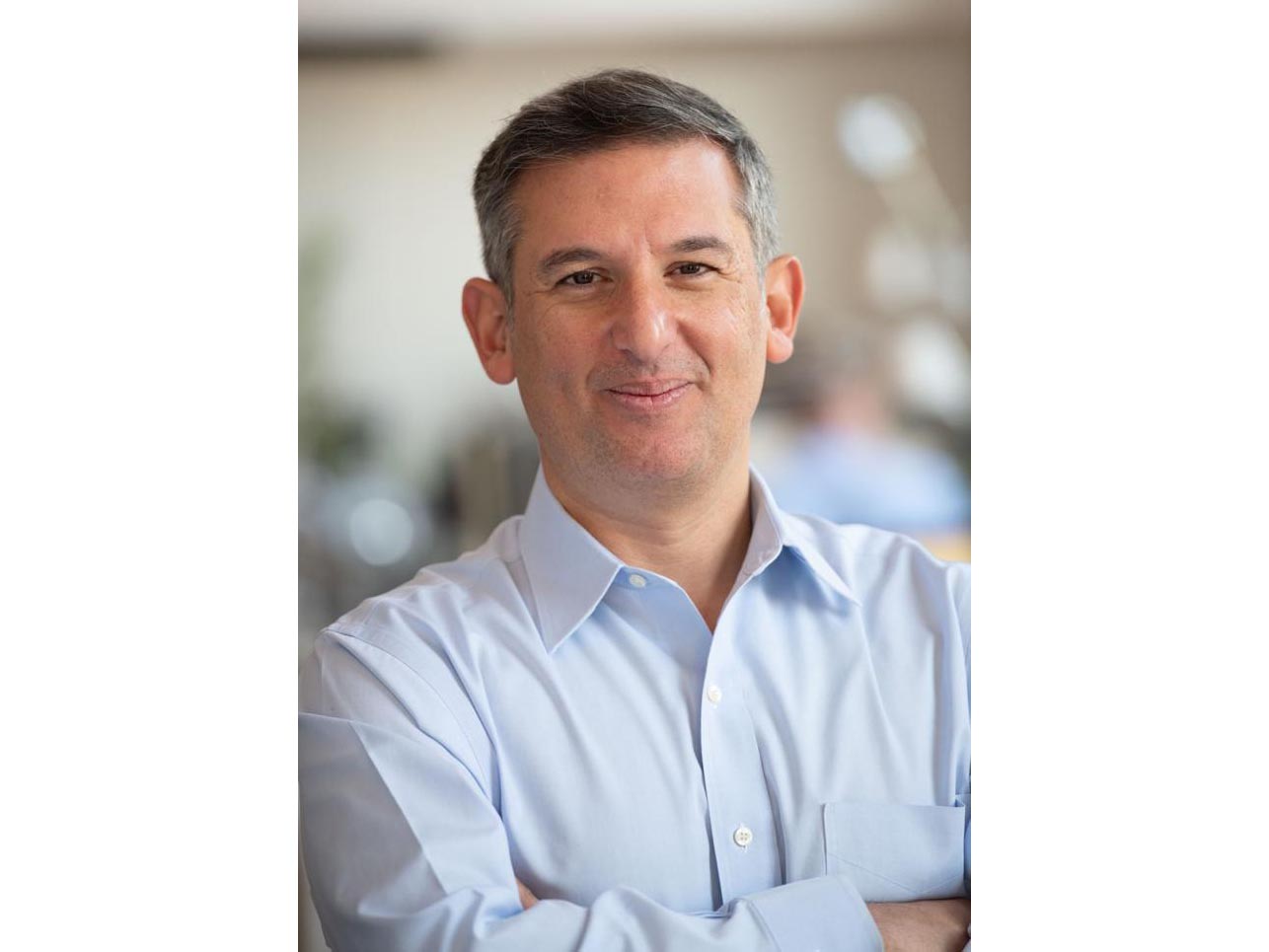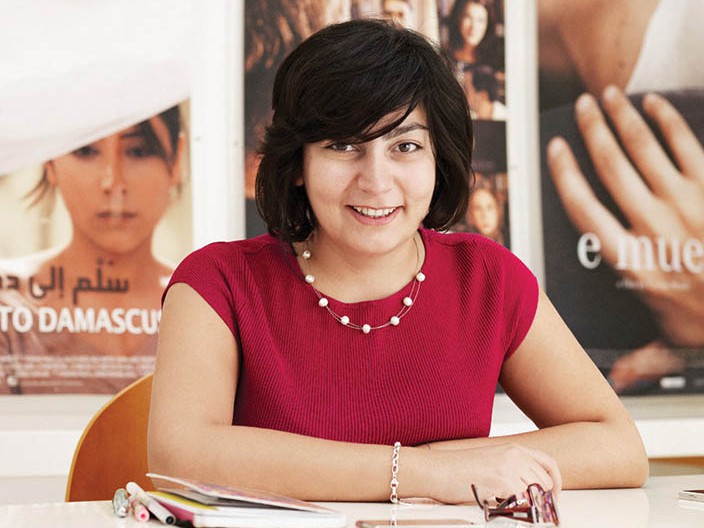Industry Talk
2023: A year of “middles” in the Lebanese market
by Tarek Chemaly
March 4, 2024
.jpg) Advertisement
Advertisement
THE NEW NORMAL
For Firas Mghames CEO Feer McQueen, he tends to think that a “lot of new agencies have sprouted up in the Lebanese market. Most of these fresh faces have popped up with competitive pricing, despite their lack of experience – this has been okay for local clients over the past few years because they were looking for quick wins and lower prices, but now we’re expecting these clients to come back to base – back to depth, experience, and strategic marketing.”
The idea that some sort of strategizing is back on track seems evident for Mghames even if, truth be told, even prior to the malaise that started in 2019, Lebanese clients were very much into the “hurry up and wait” category: the kind that vanished for months then requests their work yesterday from the agency. At least Maghames had the courage to say that “to cater to this “new normal” we’ve had to minimize resources on local accounts.”
Hala Adaimy, creative director at Feer McQueen asks a little bit more existentially: “Can we remember the details of what was “normal” to compare to a “new normal”? Regardless, what will always remain true is that people always have something to say, and so brands continue to communicate.”
This idea of just going on for the sake of going on seems to be evident among the people ArabAd has reached even if different people dipped it in different sauces, some more defiantly, some more pragmatically.
Sami Saab, founder, CEO and creative director of Phenomena, exposes this attitude saying: “In this tumultuous environment, we have chosen to defy the tide. Instead of surrendering to the uncertainties of the evolving landscape, we, fueled by creativity, have declared war! A war on conformity, on stagnation, and on the erosion of creativity. […] Our decision to fight is more than an act of defiance; it's a strategic choice to navigate the changing currents by embracing innovation, originality, and a relentless pursuit of creativity.”
For Saab, “Creativity is non-negotiable.” Period!
Interestingly, this same notion is seconded by Katia Yasmine, managing director of TRACCS Beirut, where she goes “While we embrace this sense of normalcy, it’s essential to acknowledge that business in Lebanon remains slow and unpredictable. The ongoing instability within the country has undoubtedly posed challenges, and navigating through these circumstances has become a learning experience for us. Despite the challenges, our adaptability and determination propel us forward, and our focus on continuous growth remains undeterred.”
“Can we remember the details of what was “normal” to compare to a “new normal”?-- Hala Adaimy
A YEAR OF BIG HOPES
In essence, Saab and Yasmine are trying to just stand tall while facing a “perfect storm” – clients wanting to get the highest return on investment, not exactly caring about the level of creativity of their advertising, or the coherence of their campaigns, in addition to consumers who can no longer afford to be brand loyal, and agencies stuck in the middle of it all.
What is interesting is that no one is above the fray, even media agencies, which for a long time have been the “bread and butter” of the industry, have been hit hard.
According to Assaad Kassis, General Manager of Universal McCann (UM), “media agencies face the dual challenge of navigating a price war initiated by media owners and addressing clients’ heightened focus on short-term gains. In this complex environment, our media agency is poised to devise strategic solutions that not only navigate the aggressive pricing strategies but also align with our clients’; imperative of marketing’s contribution to growth.”
George Slim, CEO of Pimo is a little more focused when it comes to how they are handling all these changes engulfing the market: “Rebuilding a thriving advertising industry in Lebanon, reminiscent of its golden age, requires a multi-faceted approach that involves nurturing talent, embracing digitalization, fostering creativity, and adapting to the evolving market dynamics while staying true to the local culture and values.”
What is interesting is that “local culture and values” for a long time immutable and unchanging are fighting their biggest battle to remain relevant. A small example is for a long time – women would never agree to wear second-hand clothing, yet the market has been inundated with second hand stores and “outlet” shops, which either sell pre-owned wares and unsold items. These shops are currently making a killing in the Lebanese market, when the consumer – far from choosing them for ethical or environmental reasons – actually buys from them due to being extremely price-sensitive at this point in time.
Ghada Chebaibar, CEO Purple, explains the duality and perplexity of 2023 – a year of big hopes that remained simply that: Hopes. They never truly materialized yet just kept of glancing their head here and there.
“Lebanon is no stranger to trials, we continue to wake up to international and regional challenges. There are moments of optimism that surface, only to be swiftly replaced by a strong sense of uncertainty that unfortunately throws us back into a recession mode. It’s like a superball – hitting the ground, only to bounce back – higher! That is the norm for us.”
However, Chehaibar goes on to say that indeed, “the market is calibrating; people are back to spending; brands are still emerging and proliferating. Yet investments remain shy and restrained. The good days of big briefs and production haven’t fully surfaced yet; digital rules and overrules with one mindset: More for Less. This is pushing us to enhance our expertise and potential.”
The “more for less” Chehaibar expressed was indeed felt across the board – clients are irrationally demanding the impossible from agencies, or, truth be told their own inner teams as many have replaced outside agencies with skeletal staff which shoots, captions, posts, follows up all within a one-for-all approach. Naturally, such results are often not within reach of clients who fantasize about reaching goals with an almost non-existent budget.
At least in times gone by, clients were aware that their small contributions could only procure them this much. But hope springs eternal these days and clients truly tend to think that their work is going to go viral when it drowned in the anonymity of the apps.
Kassis has a rational view about this: “the increasing saturation of digital platforms and channels poses a challenge. Marketers must stay innovative in capturing and retaining audience attention amidst the noise. Striking the right balance between traditional and digital channels.”
Normal is no longer “normal” in the Lebanese landscape. Chehaiber poetically claims: “Looking over the past year, one can’t help but smile at the irony of how everything is so different yet on a day to day the changes are not sensed.”
For Hana Kaddaha Khatib, regional managing director Levant, Group M, the scope of returning to “normalcy” is much bigger: “returning to normalcy remains a small prospect.” At least she concedes that “building a thriving advertising industry in Lebanon would require economic stability, political reforms, addressing infrastructure issues, fostering a business-friendly environment and efforts to restore investor and global advertiser confidence. All of that would require collaborative efforts between government, businesses, and international stakeholders.”
Marwan Arban, CEO, ORIGIN is more outspoken on this front: “Lebanon has strayed far from its illustrious past. The era when innovative advertising campaigns like Exotica and Almaza dominated outdoor and TV spaces is long gone. The collapse of Lebanon's advertising industry is symptomatic of the nation's broader issues, with advertising often seen as a non-essential luxury rather than a priority, unlike in first-world regions such as the USA and Europe where brand building is recognized as vital. For Lebanon to thrive again, education is crucial. It's essential to enlighten the business community and nurture new talent. Moreover, substantial investment is necessary.”
Of course, “international stakeholders” are currently wary of the way politicians managed – or rather did not manage – to handle the crisis since 2019. So at this point there is dim hope of convincing anyone that the Lebanese market is a ripe place for a winning investment when it is more like “let everyone handle it themselves” with no clear plan or guidelines.
“Building a thriving advertising industry in Lebanon would require economic stability, political reforms, addressing infrastructure issues, fostering a business-friendly environment and efforts to restore investor and global advertiser confidence.”-- Hana Kaddaha Khatib
THE CURRENT STATE & THE WINDS OF CHANGE
Maya Toutounji, creative director JoeFish, seems to have at least a fresh take on things. She classifies everything under two axes: Artificial intelligence (AI) and GenZ attitude.
For Toutounji, “in the dynamic landscape of our industry, the winds of change have blown vigorously, with artificial intelligence merely being a notable gust. Sure, AI is a game-changer and is proving to be a valuable tool to many businesses, facilitating, enhancing and improving tasks on so many levels” yet she goes on a different track, saying “but the real big shift is all about the people. Mindsets, behaviors, and attitudes have undergone a profound transformation, pivoting towards the individualistic. Today, it's more about the “me” than the “we”, specifically with the so-called “GEN-Z”. It's all about their personal well-being, their comfort, and their life balance with a lot of “my, my, my” …”
Toutounji hopes this proves transitory, but here’s hoping when a full generation decided that grind was not worth it.
Roger Sahyoun, chairman, The Network Communication Group (TNCG), has a different take though on the younger generation: “By transforming Beirut into a creative hub, we aim to harness the well-informed and tech-savvy nature of Lebanese millennials and Gen Z. This demographic is deeply connected and knowledgeable about technological advancements, making them key players in this transformation. Our vision extends to making Beirut a magnet for regional offices, enticing them to re-establish their presence in the city. This move is crucial for reviving the market and returning it to its golden age of advertising.”
Sahyoun gives his take on the current state of the market expressing the view that “the Lebanese advertising sector, despite facing stagnation since 2019, is showing signs of revival, a trend TNCG is not only witnessing but actively shaping. Our approach has been multifaceted: retaining our top talent by sustaining their income through revenue generated in Dubai and KSA, and shifting our business focus to Beirut.”
Sahyoun goes on: “Despite the economic and political challenges of 2023, TNCG has stood out by winning several key Lebanese accounts, adhering to international standards. However, it's crucial to note that the business environment hasn't fully normalized. Numerous political and trade obstacles remain, posing challenges to a complete market recovery. Like many agencies, we are striving to retain Lebanese talent within the market, but the road to 'business as usual' is still fraught with challenges that need to be navigated carefully.”
“Our vision extends to making Beirut a magnet for regional offices, enticing them to re-establish their presence in the city. This move is crucial for reviving the market and returning it to its golden age of advertising.”--Roger Sahyoun
Obviously these are well-manicured words to express that – like all other agencies – TNCG is walking a tight rope in the Lebanese market. As a matter of fact, many agencies are sustaining the lack of local work by shifting jobs from the GCC to the Beirut bureau. And whereas many agencies denied it, everyone knows that local talents are being exploited at a pittance since everyone is trying to make any salary in Lebanon simply to make ends meet. With this in mind, agencies are making a killing by hiring very cheap local Lebanese talent and yet selling their work for GCC clients at the turbo-charged rate in the markets abroad.
Rola Ghotmeh, CEO, The Creative 9 went to the jugular with her answers. She expressed the current state of the market saying that “clients, (are) tightening marketing budgets without compromising expectations, and talents (are) seeking higher earnings in a market where salary brackets are often overlooked, present ongoing challenges.” Obviously this puts all agencies in a tight spot, squeezed between demands on many levels.
The reply according to Ghotmeh is “coaching multi-hatted talents through continuous training, mentoring, and support. We navigate the volatility of retaining and onboarding clients, managing with agility, punctuality, tech integration, and maintaining 24/7 availability. This is the new normal—we adapt and move swiftly.”
Ghotmeh however, is also pragmatic. “While not all our efforts are directly measurable with data, managing client expectations on measurability is an ongoing focus. (…) In a market where trust is paramount, we prioritize clear and honest communication to build lasting partnerships. This extends to setting realistic expectations and demonstrating the tangible value of our services.”
Nonetheless, if clients do listen to logic, this is another story altogether. More often than not, they come with wild theories about what their pennies will get them and how – automatically – a post on whatever social media, will generate incredible buzz for their product, which will translate with sales.
Ghotmeh summarizes the whole experience saying that “overall, the new normal for us involves a holistic approach that combines talent management, financial agility, digital innovation, and client-centric communication.”
Zeinab Abdul Sater, Regional Director of Media & PR, SSUP, shares a slightly different perspective: “in the dynamic landscape of Lebanon's evolving market, we've noticed a shift in our clients' approach, with a focus on optimizing budgets amid perceived stagnation in disruptive innovation.” Therefore she adds, SSUP is “gearing up for 2024 with a dual commitment: to innovate strategically and to build heightened value that resonates with our clients and their demands.”
“Various obstacles, including currency devaluation, inflation, and financial instability, arise continuously.”—Diana Georges
NEW TRENDS OR NEW THREATS
Diana Georges, Regional Group Account Director, TBWA\RAAD at least saw “occasional glimpses of stability” which is correct because economists have long predicted that 2023 was the year where things were supposed to restart anew. However, since the said “stability” ended up being volatile, Georges said that TBWA\RAAD “believe in the future prospects of Lebanon's market and are committed to navigating its complexities. However, revitalizing the advertising industry to mirror Lebanon's golden age demands collaborative efforts, investment in skilled individuals, and the adoption of modern technologies with a dedicated focus on innovation.”
Georges, like Toutounji before her, also mentioned AI saying that “AI adoption remains limited among Lebanon's clients, some still value traditional creativity. TBWA's team adeptly combines both techniques to cater to diverse client preferences.”
Georges, pragmatic in her analysis, details the many hurdles the market is up against: “Various obstacles, including currency devaluation, inflation, and financial instability, arise continuously. Economic uncertainties, the spread of fake news, and global events have disrupted consumer behaviour and impacted local market expenditures, influencing our marketing strategies.”
“It’s essential to acknowledge that business in Lebanon remains slow and unpredictable.”-- Katia Yasmine
Now that 2024 is already in full-swing, Slim looks on and forecasts that “understanding and adapting to evolving consumer preferences, such as AI Powered advertising, immerse experiences, leveraging user-generated content and favouring purpose-driven and empathetic messaging, will be crucial for businesses to stay competitive.”
Chebaibar almost seconds his opinion, “AI has disrupted the industry, it is driving the transformation of “conventional” advertising and marketing; digital is becoming more personalized. As such, marketers anticipate that by 2025, customer lifetime value will be the most important factor and driver of the industry. While this evolution is beneficial, it still poses two threats for us: disappearing jobs on one hand and the capacity / capability to keep up with AI on the other. According to an analysis by the International Monetary Fund (IMF), “nearly 40% of jobs worldwide will be affected by artificial intelligence (AI).”
Obviously Chehaibar is asking the same question everyone is asking: Is her own job part of the 40% that will be affected?
Kaddaha Khatib agrees with them, yet seems to be unfazed. For her, 2024 is the year where “embracing the global trends and the widespread adoption of advanced AI and machine learning for personalized marketing, the rise of new communication channels or platforms, the influence of augmented reality in advertising, and increased emphasis on sustainability and social responsibility. When clients need to embrace these trends to find opportunities, our focus as advertising and media agencies should always be on helping them building and maintaining strong relationships with audiences.”
“The collapse of Lebanon's advertising industry is symptomatic of the nation's broader issues, with advertising often seen as a non-essential luxury rather than a priority.”-- Marwan Arban
Interestingly, for her 2024 will also be the time for “finding solutions to emerging threats like increased privacy concerns and regulations, evolving consumer behaviours shaped by new technologies, heightened competition in the digital space, and the ongoing impact of global events on consumer sentiment.”
Sahyoun at least is cautiously optimistic about the year. Despite the decrease of GDP (Gross Domestic Product) from 55 Billion to 20 Billion, he still believes that “while it may not be a standout year, it promises growth opportunities for businesses and the economy, dependent on regional stability and the resolution of ongoing conflicts. This cautious optimism is based on the expectation that, although challenges persist, there will be gradual improvements, offering a more conducive environment for business and trade activities.”
Ghotmeh joins the chorus agreeing,“AI is revolutionizing marketing by providing us with tools that enhance agility in content creation, facilitate fast reviews, enable precise customer segmentation, conduct predictive analysis, and deliver personalized experiences. It empowers us to engage our audience effectively and stay ahead in the rapidly evolving digital landscape. The need to adapt quickly to the evolving capabilities of AI is imperative for staying competitive and relevant.”
Georges gives a more logical answer, one that is completely adapted to the local market, for her “the continuous occurrence of distressing events has taken a toll on consumers' mental, emotional, and financial well-being, reducing their willingness to spend or engage in productive activities. The threat posed by our country's political situation, in addition to the absence of a presidential figure presents a significant risk. These factors contribute to market fluctuations and occasional collapses, restricting our clients' budgets and influencing the purchasing power of consumers as they grapple with the constant changes and uncertainties in their daily lives.”
Because whereas AI is indeed knocking on our door, the Lebanese consumer has a much more different take on things – there is a daily struggle which AI is not part of.
The current Lebanese consumer is very price-sensitive, tired, trying to go on with the daily grind, not always succeeding, all within the backdrop of internal population movement, financial crashed, job uncertainty, inflation, and the list goes on.
According to Sahyoun, 2024 is a year where “the current economic climate has led to budget constraints, pushing businesses to seek more cost-effective solutions. TNCG is poised to educate and assist traders in adopting digital models, such as e-commerce and digital marketing, to ensure their survival and growth in a budget-sensitive market. This shift is not merely about adapting to limitations but about opening new doors and exploring innovative advertising practices within these constraints.” In short Sahyoun sees opportunities for the sector even within the new AI “game changer” as he calls it.
Russian writer Alexander Heren did say "the departing world leaves behind it not an heir, but a pregnant widow" – Lebanese advertisers are trying to be suitors, midwives, and bystanders as they wait for the “heir” to show up. The “middles” of Robert Frost is not just a metaphor. As one can see clearly – 2023 was a year of trials and errors, although mostly errors. The market has not recaptured any mojo yet there were glimmers of hope here and there. Nothing like the major resurgence economists had promised us, but also less of the doom and gloom that enveloped the sector between 2020-22.
Basically a “middles” when the end of the tunnel is still not in sight.
Yet paradoxically, neither the tunnel’s entrance is at this point.


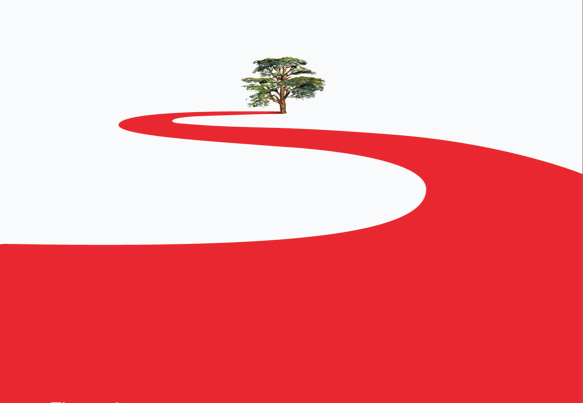
.jpg)
